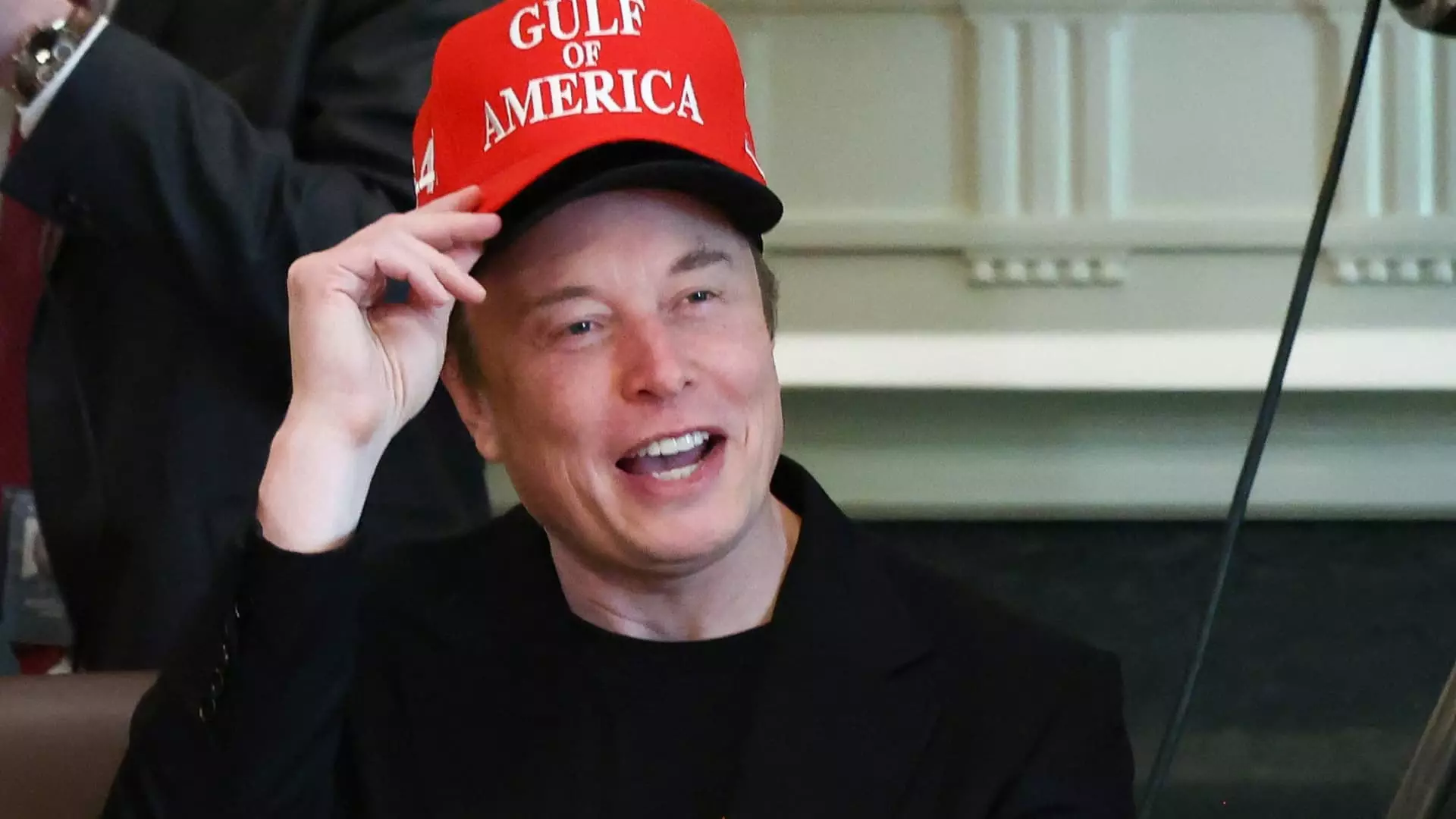Elon Musk’s recent tenure as a special government employee under the Trump administration has sparked debates about the suitability of business tycoons in significant governmental roles. His proclaiming of a mission to reduce wasteful spending within a gargantuan federal structure raises concerns about whether the initiatives he championed were genuinely aimed at improving efficiency or merely intersections of self-interest and entrepreneurial whimsy. Musk, with his proclivity for disruptive innovation, operates in a realm where he values speed, experimentation, and personal gain, characteristics that often clash with the methodical nature required for effective governance.
Musk’s departure from the Department of Government Efficiency serves as a reminder that even the most visionary entrepreneurs can struggle to translate their success in the corporate world to the labyrinthine complexities of public service. In a landscape where legislation is painstakingly debated and requires grassroots consensus, Musk’s approach can seem superficially appealing yet fundamentally flawed. His statement of gratitude to Trump is presumably a face-value acknowledgment; any genuine appreciation is questionable when considering the numerous hurdles and setbacks that accompanied his agenda.
The Dissonance of Dual Roles
While his role in government may have been temporarily elevated, Musk’s commitments to his extensive business enterprises reveal an intrinsic conflict of interest. Dividing time between steering monumental corporations like Tesla and SpaceX while attempting to enact governmental reform is a recipe for distraction rather than dedication. There’s a significant difference between managing dynamic projects that pivot instantaneously and the painstaking labor required to restructure Christie’s bureaucracy that has been habitually resistant to meaningful change.
The notion that his “DOGE initiative” could serve as a transformative blueprint for the federal government dangerously flirts with the expectations of a wishful thinker. Musk’s cavalier remarks regarding congressional spending reflect a dismissive attitude toward the complexities of legislative necessities. The reality is that fiscal resilience and economic stewardship often necessitate sacrifices that a billionaire entrepreneur may find distasteful, especially when political motivations intertwine with pragmatic needs.
The Legal Quagmire Looms
As his government mission crumbles under the weight of potential legal repercussions, the narrative surrounding Musk shifts from a bold reformist to a beleaguered executive tangled in allegations of misconduct. The rising specter of litigation undermines the notion that a business guru can effortlessly leap into the political fray. For all his self-promotion about efficiency, it remains to be seen whether Musk can navigate this new storm while sustaining the multitude of businesses that crave his undivided attention.
Moreover, the demand made by pension fund leaders that Musk dedicate a minimum of 40 hours a week to Tesla underscores an alarming reality: he cannot be both the architect of governmental efficiency and the arbiter of disruptive technological advancements without potentially sabotaging all endeavors. His government escapade may highlight the glaring inadequacies of allowing private sector vision to recklessly shape public policy without due diligence or the necessary accountability.
Musk’s brief flirtation with government, layered with ambitions perhaps far greater than practical capabilities, encapsulates the perils of placing unqualified individuals in positions of power. In a political landscape that struggles for integrity and efficacy, can we really afford the folly of blending business acumen with legislative action in the hands of an individual so enveloped in his cosmic vision?

Leave a Reply